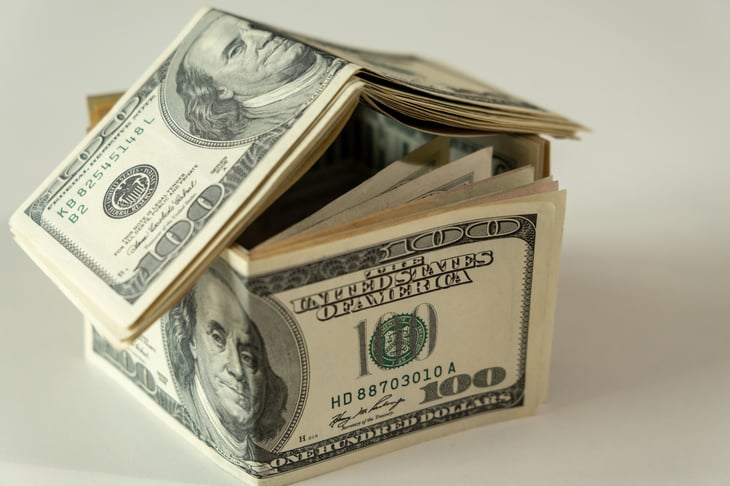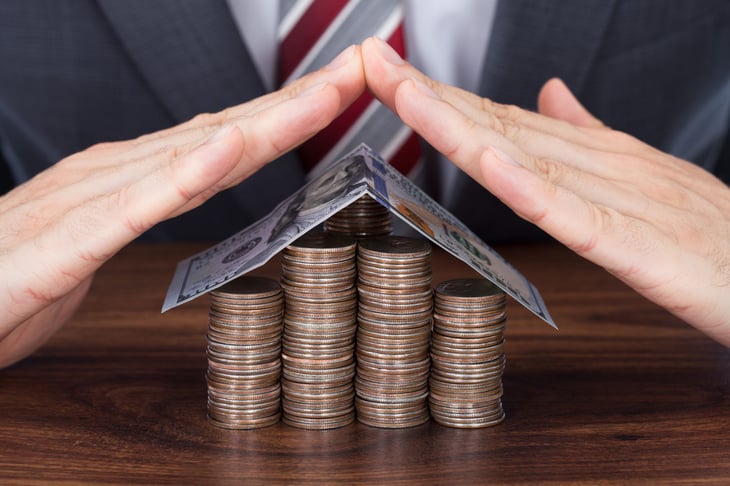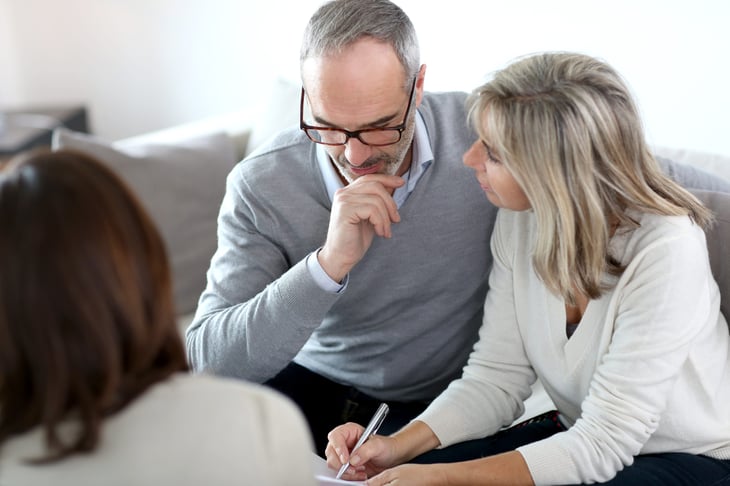
Editor's Note: This story originally appeared on Living on the Cheap.
One of the more hotly debated issues in personal finance is whether you should pay off your mortgage early.
As with most things, there is no one-size-fits-all answer. Here are a few questions to guide you.
1. Are you receiving a tax deduction?

Although everyone assumes that they are getting a tax deduction from their mortgage, many people aren’t.
If you have a small mortgage or have had it for a long time, the amount of interest in each payment is likely to be small. Did you itemize your last tax return? If not, you don’t pay enough interest to receive a deduction.
2. What is your interest rate before and after the tax deduction?

If you are not receiving a mortgage interest deduction, your effective interest rate is the same as the rate on your mortgage.
If you are able to deduct the mortgage, then your after-tax interest rate is lower than the rate on the mortgage. You can use this calculator to see the effective interest rate (after tax deductions) versus the stated interest rate.
For example, if you have a $250,000 mortgage at a 4.5% interest rate, are in the 24% federal tax bracket and have an 8% state income tax rate, the effective after-tax rate on the mortgage is 3.146%.
3. What else would you do with the money?

In finance, people talk about opportunity cost, which is what else you would do with the money. This is where knowing your interest rate comes in handy.
If the after-tax interest rate on your mortgage is 3% and you have credit card debt at 12% interest, then you should put extra money toward the credit card. If the interest rate on your mortgage is 3% and you can get a bank CD for 10% (and there have been times when you could get CDs at that rate), put the money in the CD.
If you have very little in your retirement account, you should contribute to that instead of paying off the mortgage. If you have no other debt, are in good shape on retirement, and can’t find a low-risk investment that returns more than you pay on your mortgage, then pay off the house.
4. How regular is your income?

With a mortgage, you have an obligation to pay every month until the mortgage is paid off. If you make a prepayment, you will reduce the time it takes to repay the mortgage, but you won’t be able to get out of any monthly payments until then.
If you aren’t sure that you can make the monthly payments easily (for example, there are rumors of layoffs circulating at work), put your extra money into an emergency fund — unless you have enough extra money to pay off the mortgage entirely.
On the other hand, if you bought your house 10 years ago when you made less money, and now you have a nice, consistent, high income with plenty of money saved, you’re probably safe paying ahead on the mortgage.
5. How close are you to retirement?

Owning the place where you live is a boon in retirement; it reduces the amount of money you need to live well. If you have to pay your mortgage, you’ll need enough retirement income to do that.
That’s tough for many people. The closer you are to retirement, the more you should concentrate on paying off your house. Once you pay it off, put the money that would have gone to the house payment into a retirement account.
If your mortgage payment is so high that you can’t save for retirement, consider selling your house and moving to cheaper digs.





Add a Comment
Our Policy: We welcome relevant and respectful comments in order to foster healthy and informative discussions. All other comments may be removed. Comments with links are automatically held for moderation.